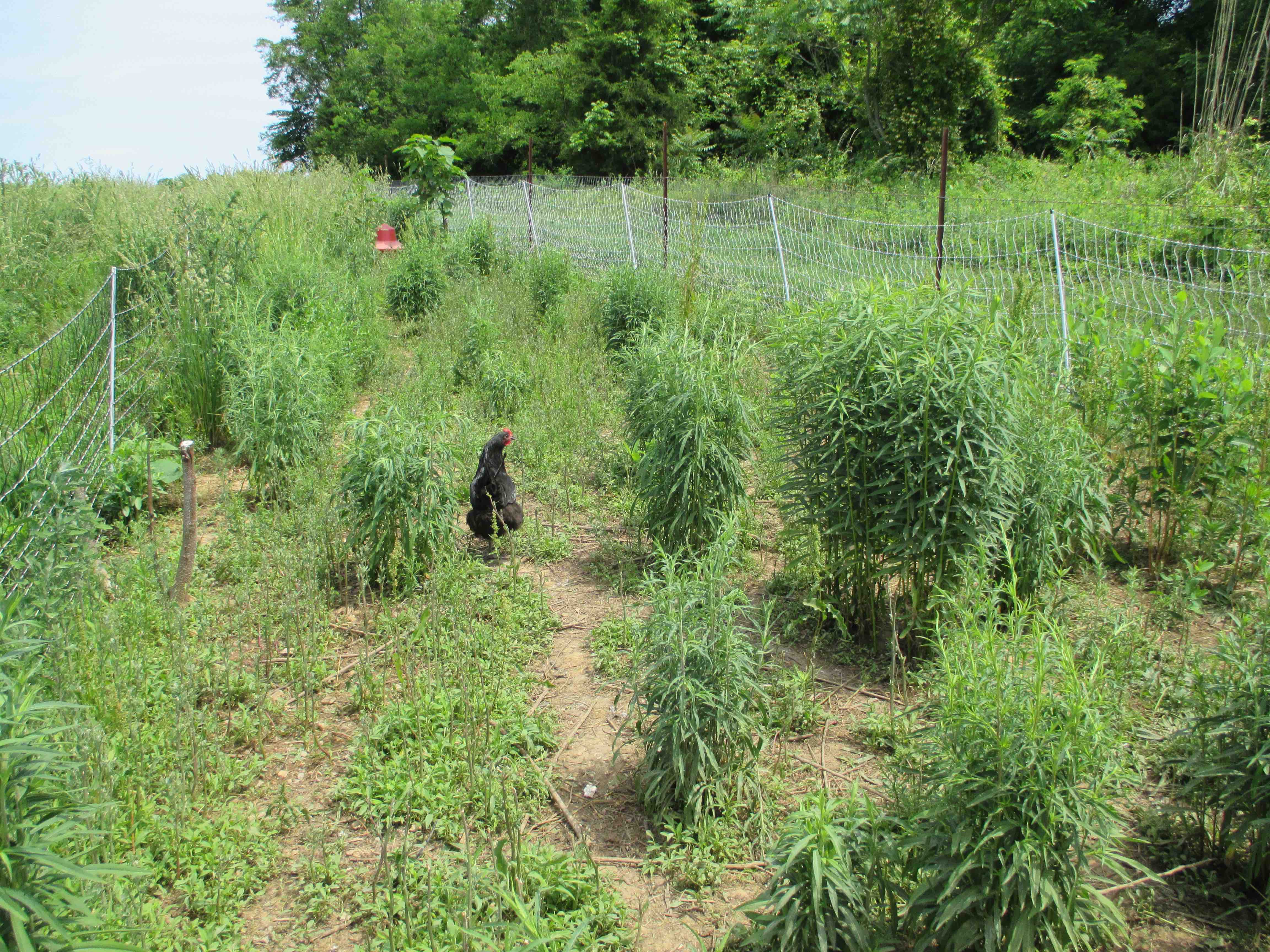Introduction
What is a mixed farm?
Integrated crop-livestock farm (ICLF), also known as polyface or
mixed crop-livestock farming (MCLF), is a traditional type of
commercial agricultural practice associated with the production of
both crops and animals on one farm. After decades of successful
commercial scale farming performance, ICLF practices are growing
rapidly in the US, especially in the Mid-Atlantic and Northeast
regions. A large number of ICLF farms are non-certified or in
organic transition, and they contribute a significant amount of
fresh produce and meat products - specifically lamb and goat meat
- to the US organic food supply chain. Products from ICLFs are
sold in either farmers markets, foadside stands, and/or local
retail markets. The USDA promotes farmers markets across the
country, and currently more than 8,000 farmers markets are now
listed in the National Farmers Market Directory.
Recent reports say that products grown from ICLFs are contaminated
with several bacterial pathogens at significantly higher levels
than conventionally grown produce. This may be in part due to the
close proximity of animal and produce operations on the same farm,
which could increase the potential for cross-contamination between
animal reservoirs and fresh produce. The most common bacterial
pathogens involved in reported outbreaks were sigatoxin producing
Escherichia coli (STEC) and Salmonella
enterica (SE). Major reservoirs for both SE and STEC are
farm animals including poultry, pig, goat, and cattle where they
can survive in soil, water and plants and contaminate produce.
Given the numbers of foodborne illnesses with these two pathogens,
the economic impacts in the range of $1.6 billion and $190
million, respectively.

About the Study
Our study aims to evaluate the persistence of SE and STEC in the environment of ICLFs, or in host/reservoirs, and the process by which produce becomes contaminated. This project will also develop effective practices to control contamination of ICLF products by these pathogens at the pre-harvest stage and assess the role of natural antimicrobial to eliminate these emerging zoonotic agents from ICLF products at the post-harvest level.
Read more about the study